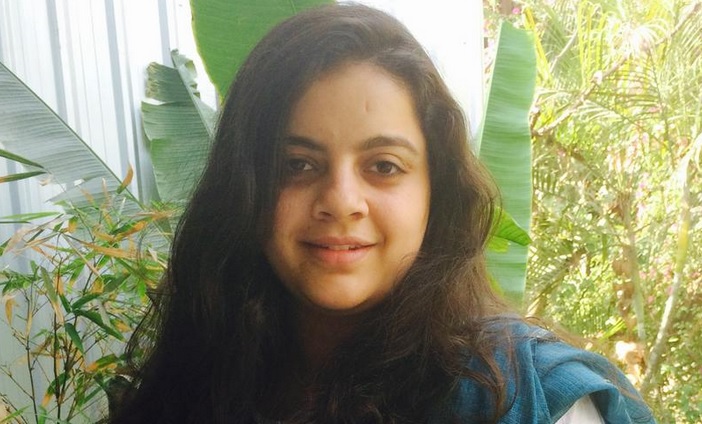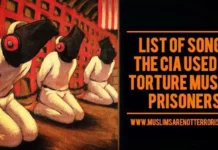
In a landmark judgement upholding freedom of expression, the Supreme Court of India has scrapped Section-66 A of the Information Technology Act 2000 that made posting “offensive” comments and “objectionable” content on the Internet a crime inviting imprisonment for up to three years, a fine of up to INR 5,00,000, or both. Activists have criticized the controversial provision of the cyber law as being aimed solely at gagging dissent, and eliminating differences of opinion on the Internet.
The court held that Section-66A directly affected people’s right to information. A Bench of Justices J Chelameswar and Rohinton F Nariman held the provision to be “unconstitutional” and “vague”. He said that it had to be struck down in its entirety as it had gone much beyond the reasonable restrictions allowed by the Constitution of India on freedom of speech and expression.
The court refused to read into the provision on subject matters contained in Article 19(2) – interests of the sovereignty and integrity of India, the security of the State, friendly relations with foreign States, public order, decency or morality or in relation to contempt of court, defamation or incitement to an offense – are beyond the the “reasonable restrictions” on freedom of speech and expression.
“We are afraid that such an exercise is not possible for the simple reason that when the legislature intended to do so, it provided for some of the subject matters contained in Article 19(2) in section 69A (of the Act). We would be doing complete violence to the language of section 66A if we were to read into it something that was never intended to be read into it. What the Additional Solicitor General is asking us to do is not to read down Section-66A – he is asking for a wholesale substitution of the provision which is obviously not possible,” the court said.
The court also watered down Section-79 making it difficult for the police to harass innocents for their comments on social network sites. The court, however, upheld the validity of Section-69 B that allowed the government to block websites if their content had the potential to create communal disturbance, social disorder or affect India’s relationship with other countries.
The Internet And Mobile Association of India (IAMAI) called the verdict a “victory for the 300 million strong Internet users in India”. Dr Subho Ray, President, IAMAI said, “Internet users will be able to use online services without fear of illegal censorship or harassment, and online businesses, ranging from established international companies to small Indian start-ups, will be able to take advantage of a more conducive business environment… Both the judgment together will ensure Internet freedom for users and freedom of doing business on part of Intermediaries; thereby ensuring more innovation and investments in the Indian Internet sector”.
The contentious law was challenged in 2012 by a law student, Shreya Singhal after two young women were arrested for posting comments criticizing the total shutdown in Mumbai, after the death of a prominent political leader. “This judgement is a victory for anyone and everyone who uses the Internet. Nobody should have fear of putting up something because of the fear of going to prison,” she said.
We have a history of defending our users’ voices. We welcome SC’s action affirming the rights of users to freely express themselves. #Sec66A
— Twitter India (@TwitterIndia) March 24, 2015
Every indian has a right to criticize politicians as we vote, if you cannot take it stay out of it, free speech is must. JAI HO #Sec66A
— ASHISH (@Ashish0za) March 24, 2015
The so-called educated leaders of UPA and so-called grassroot leaders of NDA both failed us on #Sec66A
— Vishesh Tayal (@VTayal83) March 24, 2015
Hope the political class realises that SC strike down of #Sec66A is acknowledgement of the right to be irreverent with the youth and people
— Samir Saran (@samirsaran) March 24, 2015
Celebrate #OnlineAzadi to expose and express disgust. Use the freedom responsibly! #Sec66A
— Srikanth Raj (@srikanthrajjj) March 24, 2015







Freedom is given to us by God and no man has the right to say otherwise.